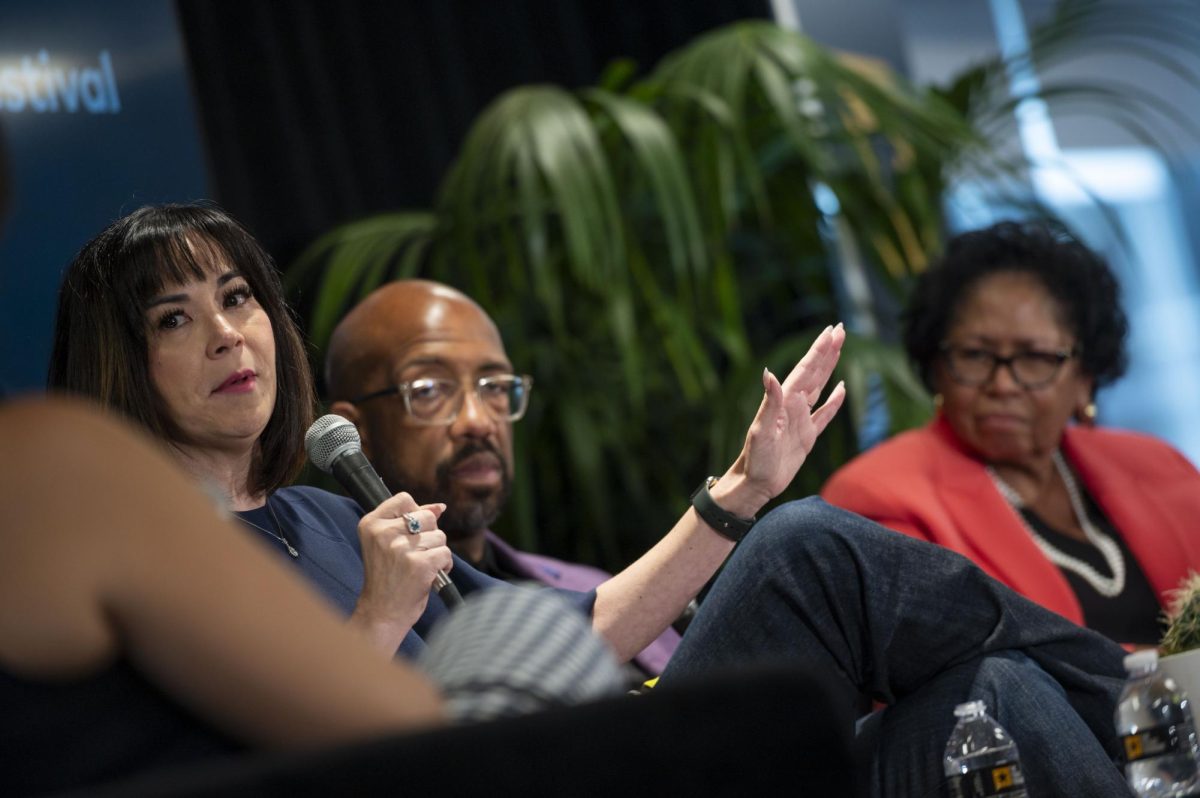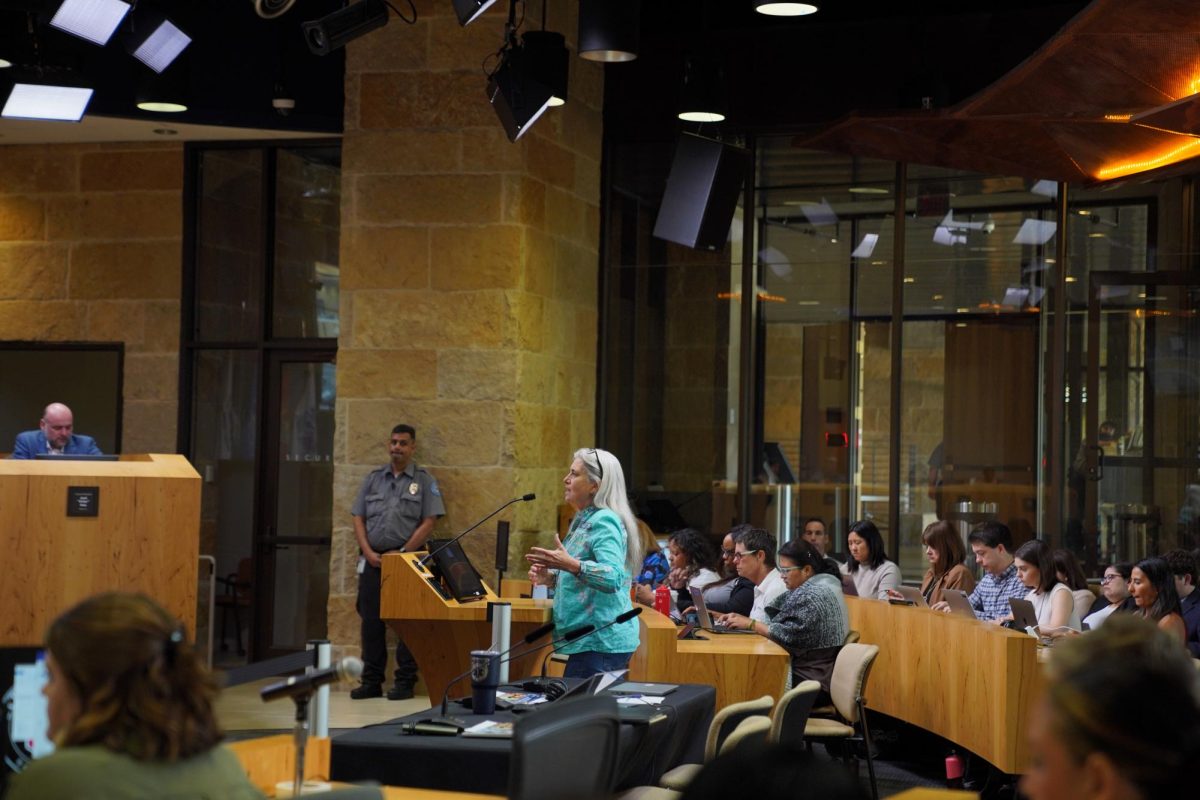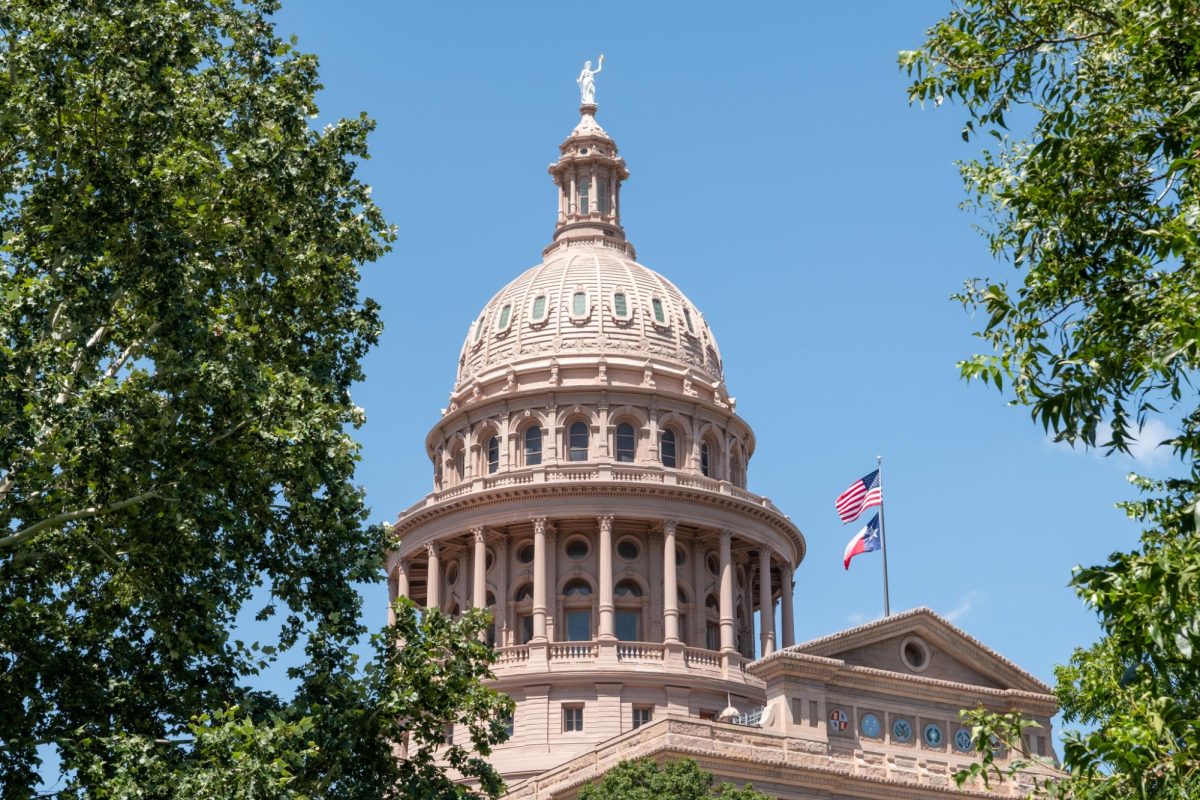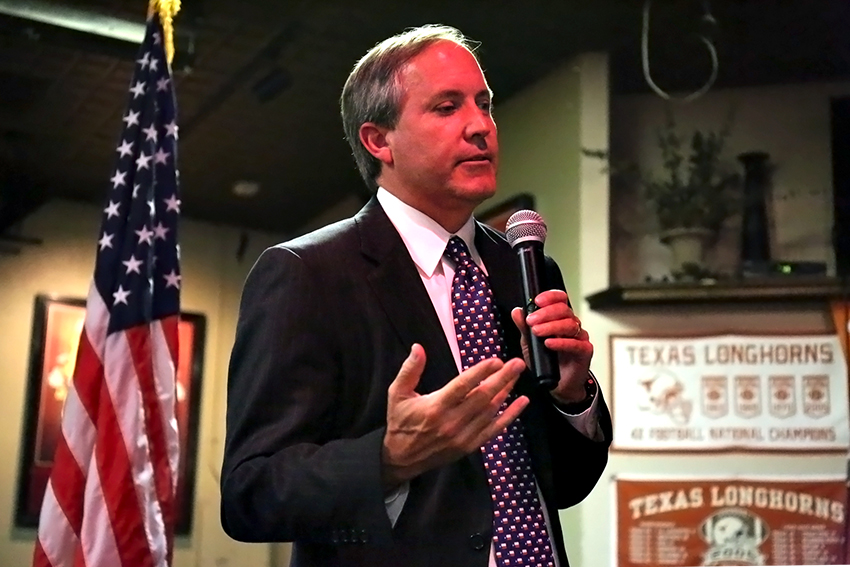Higher education institutions must do as much as possible to protect students’ sense of identity amidst concerns of inclusion on campuses, a group of panelists said at the 2023 Texas Tribune Festival.
Kate McGee, a Texas Tribune higher education reporter, moderated the panel “Race and Higher Education” on Saturday. The panelists included Ruth Simmons, a President’s Distinguished Fellow at Rice University; Michael Sorrell, president of Paul Quinn College; Lynda Villanueva, president of Lee College; and Texas State Sen. Royce West.
The panel discussion primarily focused on the state of diversity, equity and inclusion for higher education in Texas following the passage of Senate Bill 17, which bans DEI offices, programs and mandatory training at state-funded universities starting Jan. 1. The panelists also spoke on the U.S. Supreme Court’s elimination of affirmative action practices from university admissions earlier this summer.
“It’s inherent upon us to do everything we can in our admissions processes to recognize the cultural wealth of the students we serve,” Villanueva said.
When asked how flagship universities like the University of Texas and Texas A&M can build diverse student bodies around these laws, West said all school districts need to work more closely with the universities to ensure students are receiving as much information about higher education as possible. Students and professors are ready to leave the state of Texas because of DEI attacks, West said.
“Legislators have to continue to work with academicians to see exactly what the problem is, (to) get your ideas and not be afraid to stand up for them,” West said.
Sorrell said DEI is about valuing people equally and addressing past inequities. He said those inequities are being erased, though, now that race can no longer be a considered factor in university admissions.
“We’re going to create an environment that must address some of the inequities of the past in order to ensure that those inequities don’t exist going forward,” Sorrell said. “The policies were working, and that’s part of the problem … they were threatening to people.”
Simmons emphasized the power higher education institutions hold, as they influence the economy, discovery and well-being of the population. Additionally, she said attacks on DEI impact everyone, regardless of background, because people across the country will draw negative conclusions about the entire state of Texas, not just the fraction who support anti-DEI initiatives.
If universities fail to stand up for their students and values, Simmons said, they will have failed miserably in their responsibilities as educational leaders.
“I regard the practices in place now as a political reality, but I also do not regard them as being immutable,” Simmons said. “These in my view will inevitably be changed (and) overturned because we cannot go forward together with these kinds of punishing practices.”
When asked by an audience member about the state of gender and racial studies, Villanueva said university curriculum is protected for now but is a future concern. She said many institutions across Texas are strictly interpreting the new DEI law and preemptively eliminating programs out of fear.
West acknowledged there’s only so much public universities in Texas can do because they receive state funding, but he said when the great majority of institutions act in the same manner of supporting students, it gets the attention of the people — or government — they report to. Additionally, West encouraged constituents to share potential “race-neutral solutions” that could empower more students without relating to race directly.
“The reality is, if we don’t fight it at the ballot box and get people there that have our same interests, we’re going to continue to see the end of what I like to say is the Third Reconstruction,” West said.





















